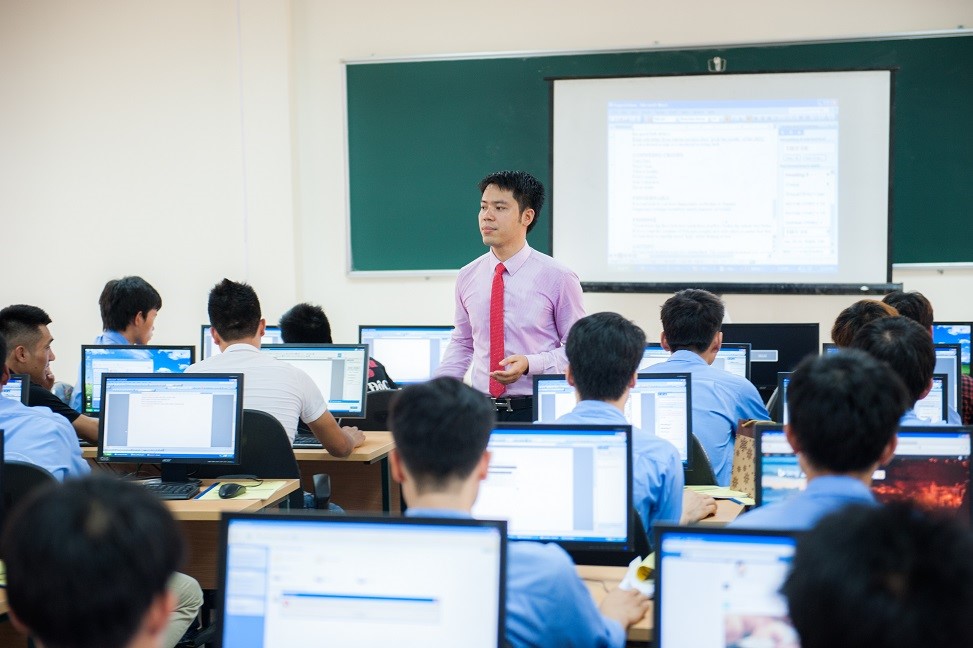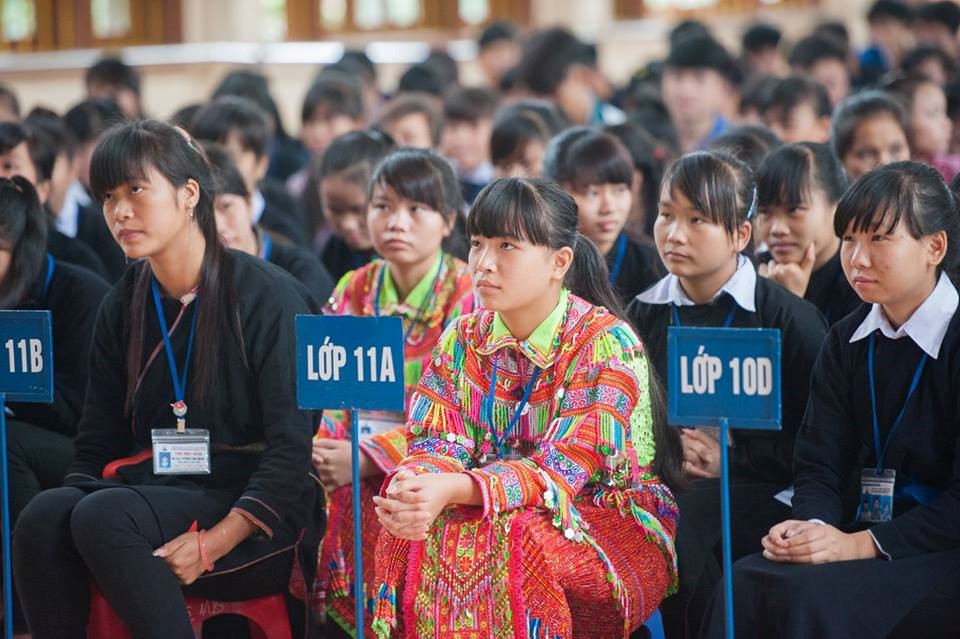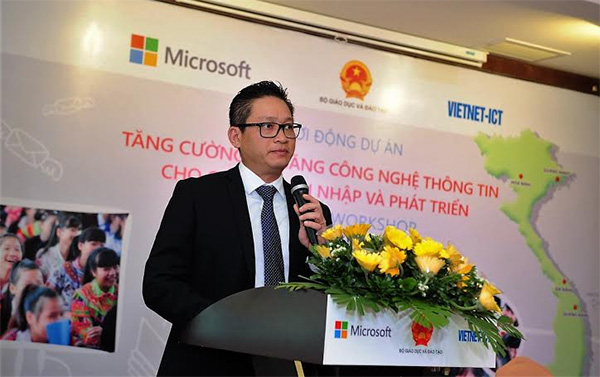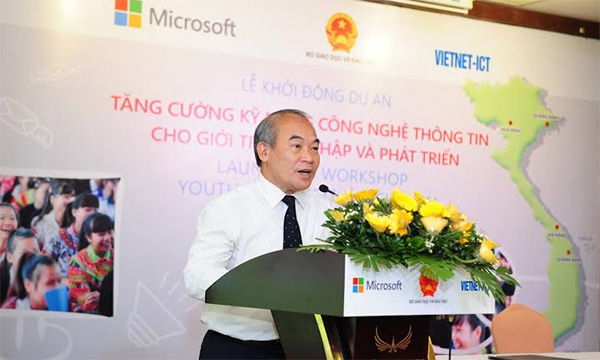Microsoft Vietnam promotes ICT training for rural students
 |
The main outcomes of the project are training materials and training lessons in computer science (CS) and ICT subjects which is planned to implement as an extracurriculum for secondary students and underserved youths in remote areas. In addition, the project also brings about opportunities for youths to participate in creative activities and practical experience for future careers.
 |
The first phase of the project will be conducted within 12 months and aimed at building training materials in CS and ICT subjects at secondary level. Then, the project will organise a series of pilot trainings in extra-curricular hours at selected ethnic minority boarding schools and secondary schools. Through training activities, it is expected that more than 300 teachers and trainers and around 50,000 students will have access to CS and ICT with an active learning approach.
 |
From 2012 to 2016, Microsoft Vietnam, Vietnet-ICT and other partners have implemented programmes on IT skills training and career orientation to nearly 10,000 under-privileged students in remote areas who have little or no access to this type of training. Over the last four years, the "Youth Training and Innovation Center" project has organised mini-MBA courses, start-up promotion activities, basic and advanced IT skills training and career orientation. Concurrently, the project has given more than 60,000 young people to access to CS via Hour of Code campaign.
 |
“Together with Ministry of Education and Training (MoET) and Vietnet-ICT to kick-start the “YouthSpark Digital Inclusion” project, Microsoft would like to strengthen the commitment of supporting Vietnam in empowering the digital generation to transform the future, and contribute to development of the economy,” Vu Minh Tri, Microsoft Vietnam’s general director said. “Through these campaigns, we would like to provide young Vietnamese an opportunity to gain access to CS and ICT. We focus our support for ethnic minorities, women and other underserved group because they are the ones who need it the most.”
The "Youth Digital Inclusion" project is a showcase of public-private partnership model to fully ulitilise expertise and resources of involved stakeholders to reach a common goal.
 |
“The new feature of this project's trainers training programmes is that the training content will be made into e-learning lessons and delivered through the online training portal of the MoET. With this method, not only the teachers/trainers in the project’s targeted provinces, but also all IT teachers in the country can get access to the project's training content at any time, anywhere,” said Nguyen Son Hai, director of the MoET’s Department of Information Technology.
What the stars mean:
★ Poor ★ ★ Promising ★★★ Good ★★★★ Very good ★★★★★ Exceptional
Latest News
More News
- Wages and Lunar New Year bonuses on the rise (February 09, 2026 | 17:47)
- Temporary relief for food imports as businesses urge overhaul of regulations (February 07, 2026 | 09:00)
- Opella and Long Chau join forces to enhance digestive and bone health (February 06, 2026 | 18:00)
- Vietnam-South Africa strategic partnership boosts business links (February 06, 2026 | 13:28)
- Sun PhuQuoc Airways secures AJW Group support for fleet operations (February 06, 2026 | 13:23)
- Pegasus Tech Ventures steps up Vietnam focus (February 05, 2026 | 17:25)
- The generics industry: unlocking new growth drivers (February 04, 2026 | 17:39)
- Vietnam ready to increase purchases of US goods (February 04, 2026 | 15:55)
- Steel industry faces challenges in 2026 (February 03, 2026 | 17:20)
- State corporations poised to drive 2026 growth (February 03, 2026 | 13:58)
















 Mobile Version
Mobile Version